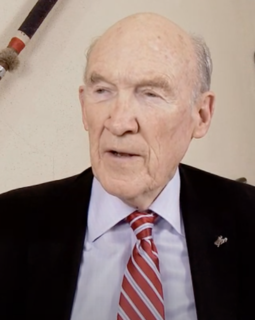A Quote by Graham Moore
I had been a lifelong Alan Turing obsessive. Among incredibly nerdy teenagers, without a lot of friends, Alan Turing was always this luminary figure we'd all look up to.
Related Quotes
Alan Turing is so important to me and to the world, and his story is so important to be told, so it was a big thing to take up, and I was a little petrified. Like, who am I to write the Alan Turing story? He's one of the great geniuses of the 20th century - who was horribly persecuted for being gay - and I'm a kid from Chicago.
Although I'm not prepared to move up my prediction of a computer passing the Turing test by 2029, the progress that has been achieved in systems like Watson should give anyone substantial confidence that the advent of Turing-level AI is close at hand. If one were to create a version of Watson that was optimized for the Turing test, it would probably come pretty close.





























